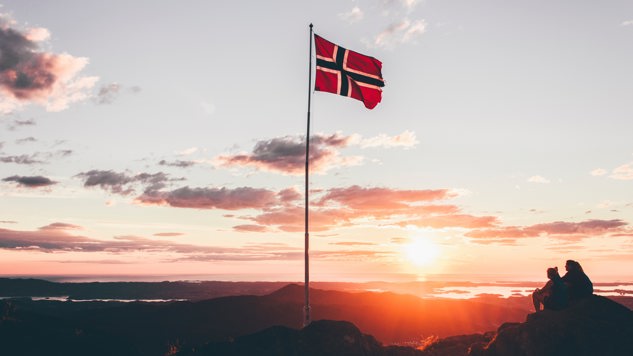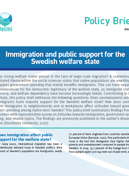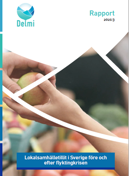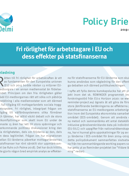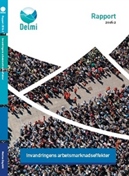During the last 20 years, and especially after the EU expansion in 2004 and 2007, immigration to Norway has increased distinctly. In 2015, almost 850,000 of Norway's residents had an immigrant background, which has tripled since 2000, and more than half of these have a non-European background. Thus, Norway is one of the countries that in relation to the population has had the highest immigration in the last decade. The composition of the population has changed as a consequence of this. The Norwegian inquiry, which was initiated in 2015, deals with the consequences of immigration for the national economy, for the possibility of integrating new arrivals and for trust and social cohesion.
Some overall conclusions and recommendations
- Employment among the foreign-born population in Norway is higher than in most other European countries. However, labor force participation is extremely low in some groups of people that are in need of protection.
- Refugees are in many ways a unique category among immigrants, as their potential contribution to tax revenues and economic growth does not affect whether they are granted a residence permit or not.
- The investigation expresses a risk that the extensive immigration will create greater inequality in terms of income, living conditions and employment, but also that a high level of immigration can create value conflicts and cultural contradictions.
- Integration is also about society itself and about protecting and preserving the unifying forces that form the basis of democracy. In a Norwegian context, this means maintaining the most important parts of the Norwegian welfare model, but also socialization to society's basic values: human rights, gender equality and a democratic form of government.
- The whole of Norwegian society will be better at integrating immigrants and fighting discrimination in order to counteract inequality and segregation.
Picture by Mikita Karasiou from Unsplash.
